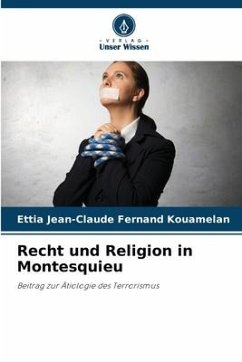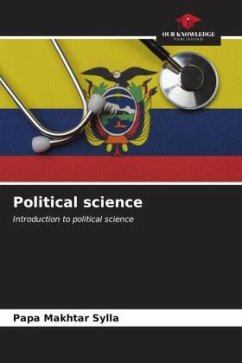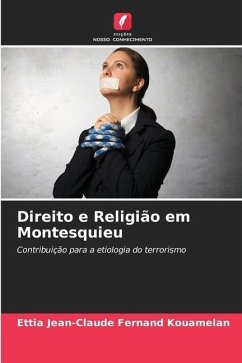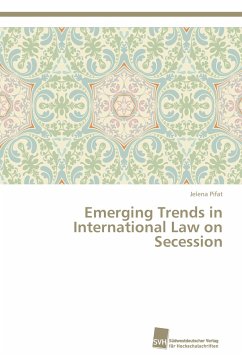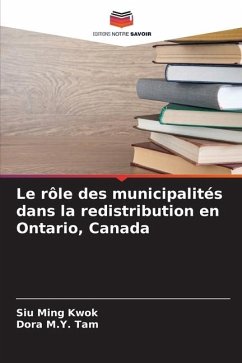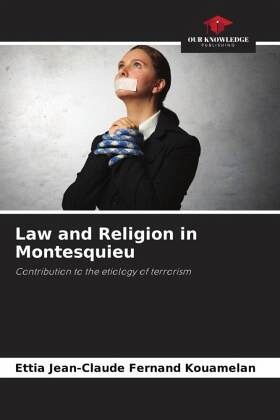
Law and Religion in Montesquieu
Contribution to the etiology of terrorism
Versandkostenfrei!
Versandfertig in 6-10 Tagen
64,99 €
inkl. MwSt.

PAYBACK Punkte
32 °P sammeln!
Our investigations into Montesquieu's theory of political law cross paths with the notion of law, religion and, incidentally, terrorism. The idea here is to resolve the problem of unjust laws (state and religious) and the need to combat them, violently or otherwise. In this respect, it's a question of establishing the law on the basis of the spirit of the laws, just as in Montesquieu's thinking, in order to prevent or curb terrorism. The same principle is valid for religion: defer to the spirit of religious laws when addressing the question of religion within the state. The Baron de la Brède'...
Our investigations into Montesquieu's theory of political law cross paths with the notion of law, religion and, incidentally, terrorism. The idea here is to resolve the problem of unjust laws (state and religious) and the need to combat them, violently or otherwise. In this respect, it's a question of establishing the law on the basis of the spirit of the laws, just as in Montesquieu's thinking, in order to prevent or curb terrorism. The same principle is valid for religion: defer to the spirit of religious laws when addressing the question of religion within the state. The Baron de la Brède's politico-legal approach is, however, supported by authors such as Nancy Fraser (redistribution/recognition) and Jürgen Habermas (discussion ethics).



